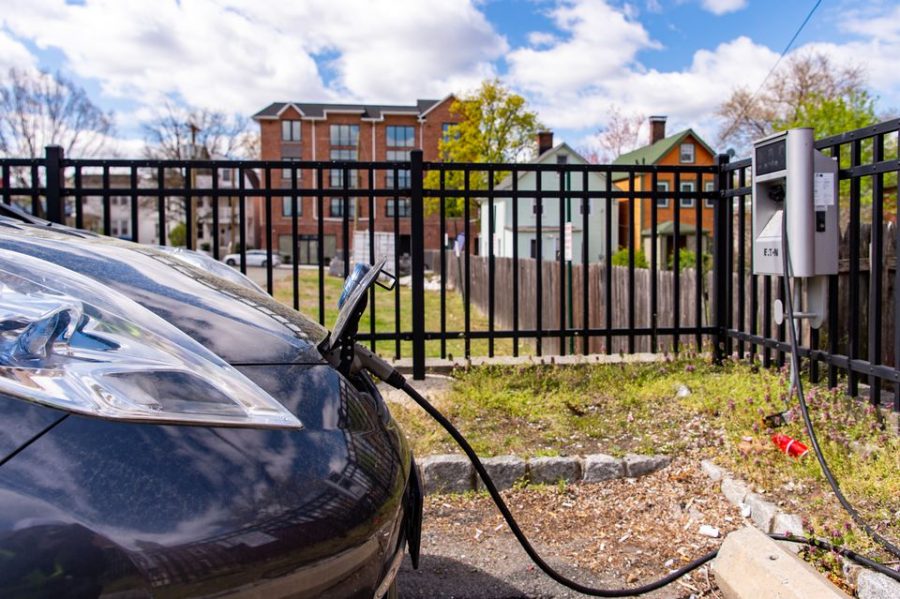For over 100 years, gasoline-powered vehicles have been on the streets of California, but it will not remain this way for much longer.
On August 25, the California Air Resources Board voted to ban the sale of gasoline-powered cars by 2035. The law requires 35% of new car sales to be zero emission by 2026, 68% by 2030, and 100% by 2035, according to the Los Angeles Times. The rule does not apply to all vehicles; heavy trucks can legally remain gasoline-powered until 2045, added the LA Times.
Although this executive order will cut back on climate change, several other problems will form because of it. It is overall a bad idea.
In Sept., California Gov. Gavin Newsom urged residents to turn off their air conditioning in order to save energy. In a tweet, Newsom said, “Our energy grid is being pushed to its max. The risk of outages is real. We need everyone to double down to save energy after 4 p.m. today.” Just one month later, he announced his decision to require electric or plug-in hybrid electric vehicles (PHEVs). California residents are being told to save electricity by keeping their air conditioning off during a heat wave, but they will all be forced to charge their cars in approximately 12 years. This is extremely contradicting. When all cars in California are electric, residents will need to supply 50% more power, according to the MarketPlace website. Using this much electricity will not only lead to higher risks of outages, but it’s also bad for the environment. Newsom claims that this mandate will help the environment, but almost all forms of electricity negatively harm it.
Another major issue is the high-cost of zero-emission vehicles. In May 2022, the average price of a new electric vehicle (EV) was $54,000, according to the INSIDEEVs website. When compared to the average of gas-powered cars, this is extremely expensive. Plus, resident’s electricity bills will be much more pricy once they begin to plug in their cars.
Additionally, another inconvenience of EVs is the amount of time it takes to charge them. It takes approximentally eight hours for a typical electric car to charge from empty to-full with a 7kW charging point, Pod Point’s website says. Fueling a car with gas does not typically take longer than five minutes. Eight hours is one-third of a day. It’s easy to realize that this could extremely impact people with busy daily schedules.
At Mesa College, electric charging vehicle stations are currently only located on PS1. This is clearly not a sufficient supply if all students will eventually have EVs. With that said, students will have to fight for a parking spot on PS1 or Mesa College–and several other public places–will have to spend thousands of dollars to install more stations.
If Mesa decides to install more stations, it’s possible that power shortages on campus will happen frequently and this could delay education. What if there’s a power outage during the school day and a student’s car does not fully charge? They might not have enough charge to get back home or to go to work. The questions and awful possibilities are endless.
It’s true that taking action to fight climate change is extremely important, but this is not the way to do it.


